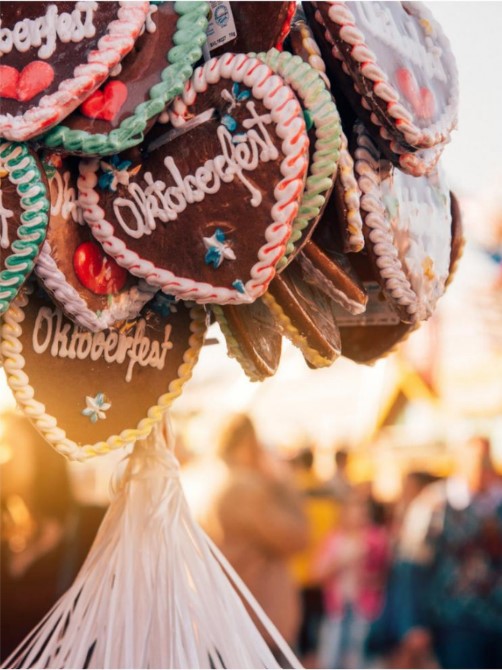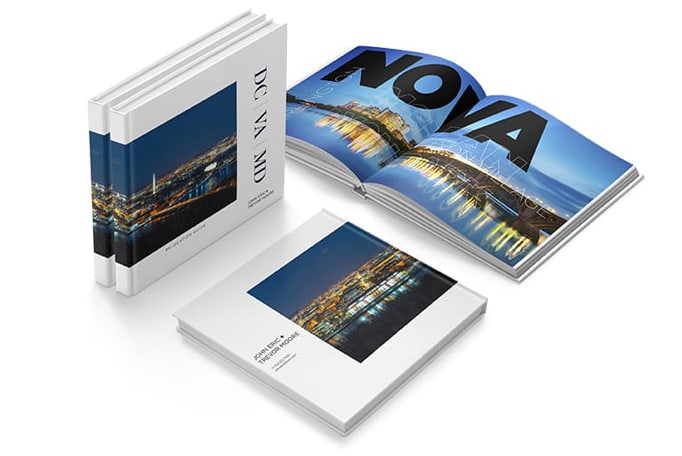
If you have ever been to an Oktoberfest celebration in Munich, you’ll understand its frivolity. A jam-packed hall full of long tables and benches, boisterous people raising beer mugs that need two hands to grip, a chorus of singing traditional songs, and everyone having fun! It is definitely a celebration!
This celebration is the largest folk festival in the world. It’s a piece of Munich’s soul. It is a tradition that represents the Bavarian way of life and the hospitality of the people there.

It’s also the world’s largest beer celebration and typically draws over six million visitors over its three-week run. Every year, these visitors consume at least 1.5 million gallons of beer and 200,000 sausages. And they party! Although the modern-day festival barely resembles its humble beginnings, the traditions that started it all remain alive.
The idea of Oktoberfest originated on October 12, 1810, as a royal wedding celebration between King Ludwig I and Crown Princess Therese of Saxony-Hildburghausen. The citizens of Munich gathered at the Theresienwiese (Therese’s meadow), now known as the Wies’n, to attend the festivities and watch the horse races that highlighted the union. Since then, it has continued over the years and decades and centuries to have firmly rooted itself in the identity of Munich.
Traditionally, Oktoberfest begins with the official tapping of the keg in the Schottenhammel tent, the largest beer tent at the festival. The mayor opens the first keg and proclaims O’ Zapft is! (It’s tapped!), marking the official start of the festival. Then, it’s off to the races!

Oktoberfest is often associated with beer. The original six Munich breweries still provide the beer for the festival. Fourteen beer halls and tents range in size from small to large. And some can even hold up to 10,000 people at a time. But it’s much more than knocking back brews.
People dress in traditional Bavarian clothing, dirndls, and lederhosen. Carnival rides provide entertainment for revelers, and you can find dozens of stands with traditional German cuisine. Tree climbing competitions and sack races are held. For many Germans, Oktoberfest is a celebration that offers a welcomed break from their daily routines and the opportunity to enjoy a beer and sausage in a community setting. It’s more about friends and neighbors than anything else.
They celebrate together while eating Hendl (whole roasted chicken), Blaukohl (a red cabbage and apple dish), Dampfnudeln (steamed dumplings), and Kaiserschmarrn (raisin pancakes) …..the traditional foods of the festival. They raise a stein to Münchener Kindl, the Oktoberfest mascot and symbol of Munich’s coat of arms since the 13th century. (Translated the term means Munich child.) They hum and sing along at the traditional brass band concert on the second Sunday of the event when bands from all the beer tents come together at the Bavaria statue and perform a concert conducted by the mayor of Munich.
On the last day of Oktoberfest, the traditional Böllerschießen (gun salute) takes place. At the stroke of noon, the members of the shooting club meet at the Bavaria Statue and mark the end of the celebration with gunshots from black-powder cannon pistols and rifles.
The modern Germany Oktoberfest festival keeps old traditions alive while welcoming the new. For example, the music played at Oktoberfest is an eclectic mix of old and new.
Although Oktoberfest originates in Munich, the festival has inspired hundreds of similar events across the globe. Now, people come together from all different countries and cultural backgrounds to celebrate comradery, hearty food, and traditional beer.

Although Oktoberfest is celebrated in other parts of Germany, its heart is in Munich.
Where to Stay
Mandarin Oriental – Neuturmstraße 1, 80331 München
Hotel Vier Jahreszeiten Kempinski München – Maximilianstraße 17, 80539 München, Germany
Hotel Bayerischer Hof – Promenadepl. 2-6, 80333 München, Germany
Where to Eat
Alois – Dallmayr – Modern – Dienerstraße 14, Munich, 80331
Tohru in der Schreiberei – Japanese- Burgstraße 5, Munich, 80331
Atelier – French – Promenadeplatz 2, Munich, 80331


To read more articles like this, visit John Eric Home!


